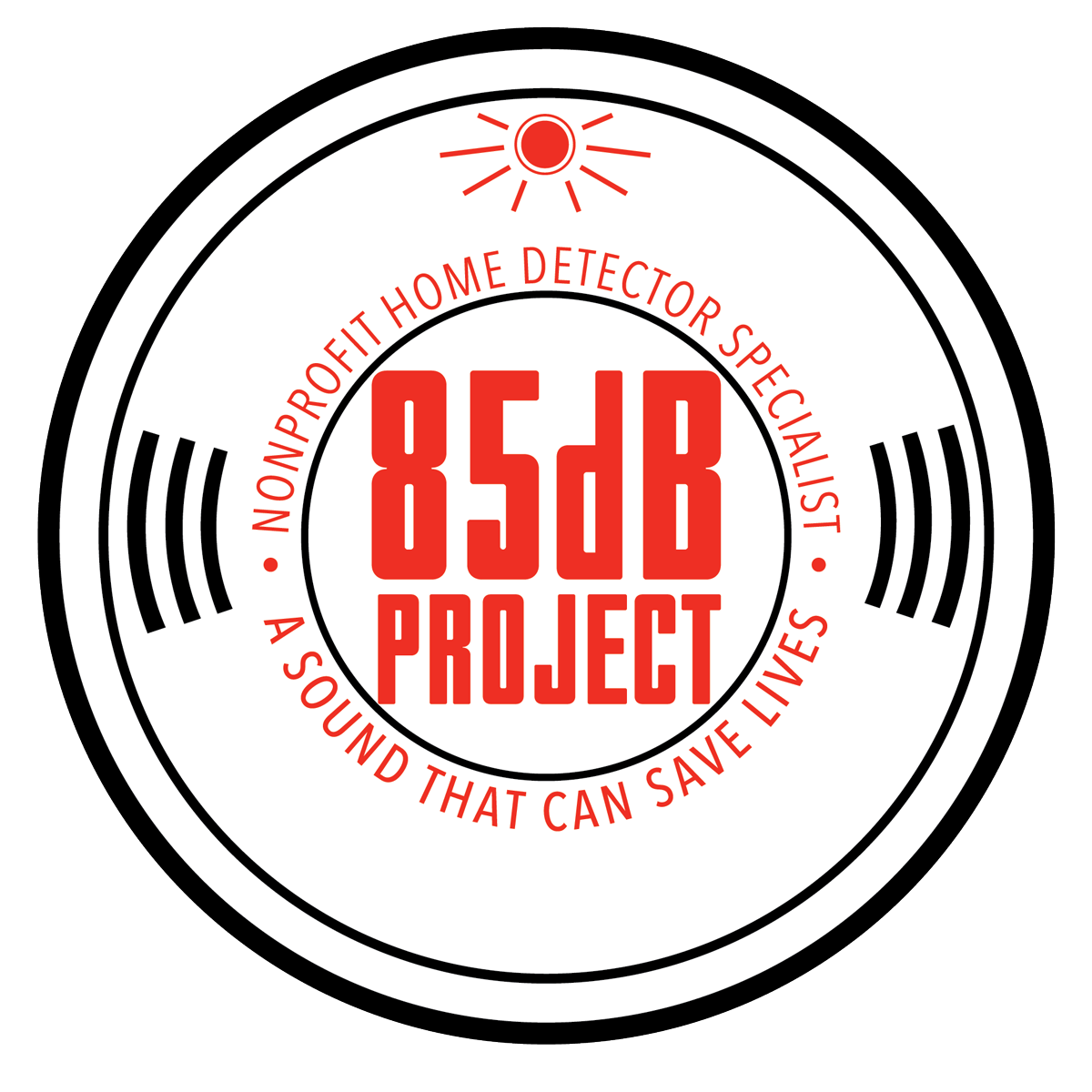In the realm of home safety, few devices are as critical as smoke detectors. These small, unassuming gadgets stand as guardians against the devastating threat of fire, providing early warnings that can mean the difference between life and death. However, their effectiveness hinges on regular maintenance and inspection. This is where the importance of home audits for smoke detectors becomes paramount.
The Silent Sentinel
Smoke detectors are the silent sentinels of our homes, constantly vigilant against the invisible danger of smoke and fire. Their piercing alarms serve as an urgent call to action, giving occupants precious moments to evacuate and summon emergency services.
Yet, despite their life-saving potential, smoke detectors are often overlooked or neglected. Batteries may go unchanged, sensors may become dusty or obstructed, and sometimes they may simply fail due to age or malfunction. Without regular checks and maintenance, these devices can lose their effectiveness, leaving homes vulnerable to fire-related disasters.
The Role of Home Audits
A home audit specifically geared towards smoke detectors involves a comprehensive assessment of these devices to ensure they are functioning optimally. This process typically includes:
- Testing Alarms: Auditors will manually test each smoke detector to confirm that it produces a loud, audible alarm when triggered. This verifies that the sound is both loud enough and functioning properly.
- Checking Power Sources: Whether battery-operated or hardwired, auditors will inspect the power sources of smoke detectors to ensure they are adequately powered. Batteries should be replaced regularly, and hardwired systems should be connected to a reliable power source.
- Cleaning and Maintenance: Dust, dirt, and debris can accumulate on smoke detector sensors over time, impairing their ability to detect smoke effectively. Auditors will clean these sensors and ensure that there are no obstructions blocking their view.
- Replacement Assessment: Smoke detectors have a limited lifespan and may need to be replaced periodically. During a home audit, auditors will assess the age and condition of existing smoke detectors and recommend replacements if necessary.
The Benefits of Home Audits for Smoke Detectors
- Enhanced Safety: Regular home audits for smoke detectors significantly enhance the safety of occupants by ensuring that these devices are in proper working order.
- Early Detection: Functional smoke detectors provide early detection of fires, giving occupants more time to evacuate safely and minimize property damage.
- Compliance: In many jurisdictions, regular inspection and maintenance of smoke detectors are mandatory for compliance with building codes and regulations.
- Peace of Mind: Knowing that smoke detectors have been thoroughly inspected and are functioning properly provides homeowners with peace of mind, knowing that they have taken proactive steps to protect their property and loved ones.
Conclusion
In the realm of home safety, smoke detectors stand as one of the most vital defenses against the threat of fire. However, their effectiveness relies on regular maintenance and inspection. Home audits specifically tailored to smoke detectors play a crucial role in ensuring that these devices are functioning optimally, providing early detection of fires and enhancing the safety and well-being of occupants. By prioritizing home audits for smoke detectors, homeowners can take proactive steps to protect their homes and loved ones from the devastating consequences of fire-related emergencies.


